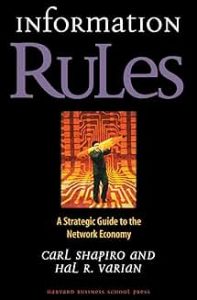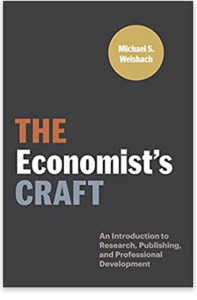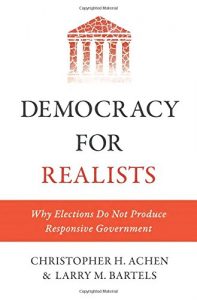There’s a gap in the market. I’ve started developing a Digital/AI economics syllabus for policy MPhil students who won’t all be economics graduates; and of course there are loads of fantastic papers and resources online.
It’s fairly straightforward to write down a list of topics – recognising that one can’t cover anything.Here are my headings for an 8 week Cambridge term – so there’s nothing on crypto for example, as I don’t know enough about it (& am still pretty sceptical). This is the first half – the second 8-week term will cover competition, regulation and trade.
- Basics: Information and the economy, why digital is different from the old economy
- Implications for organisations: Business models, platforms, ecosystems; auctions
- Intangible assets: IP, copyright, data (& privacy), measurement
- Inputs: finance, energy and materials, chips
- Innovation: clusters and types, direction, policies
- The demand side: technology diffusions, ‘free’ services, household production, open source
- Impact on labour: task models, AI & jobs
- Policies for the digital/AI economy: skills/jobs, industrial policy, digital public infrastructure, ‘the stack’ & sovereignty,
The structure might well shift as I get into details. But naturally I wondered whether somebody had done much of the work for me and written a textbook covering a lot of this. And it seems the answer is no: nobody has done an update of Carl Shapiro and Hal Varian’s fantastic 1998 Information Rules. I just re-read it and of course the examples have dated but the principles have not. The brilliant Daniel Rock told me (via BlueSky) that he still teaches using it.
I wrote Markets, State and People a few years ago as a policy economics textbook because the ones available were unsatisfactory for the course I was teaching then – none took the perspective of the basic co-ordination problems policy seeks to tackle. So maybe it’s me. But I still think there is a gap in the market for a new Information Rules – somebody could surely do this in time for its 30th anniversary?



